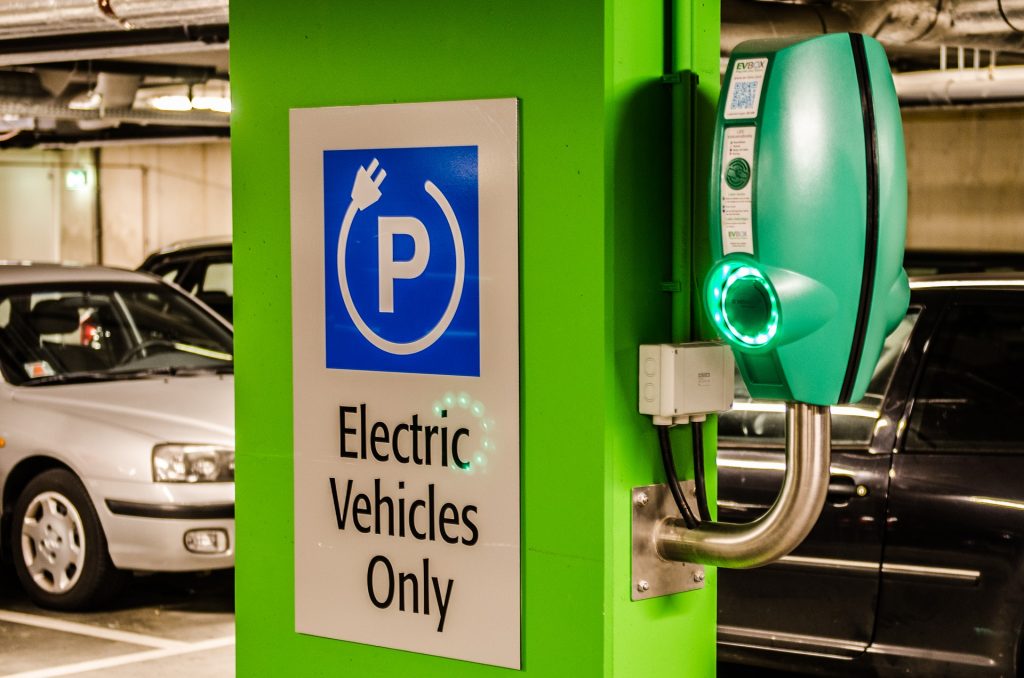
Last year, we wrote about Microsoft’s ambitious climate pledge to reduce their environmental impact through their partnership with Alaska Airlines and SkyNRG, a global leader in sustainable fuels. Could General Motors be leading the environmental sustainability movement in the auto industry?
Carbon Neutral by 2040
At the end of January, GM announced that they will only produce electric vehicles by 2035 and be completely carbon neutral by 2040. This shift was made a day after the Biden Administration signed orders that prioritize dramatic cuts in U.S. carbon emissions, especially in transportation. Its new 2040 target to zero out carbon emissions is 10 years shorter than the company’s previous goal of 2050.
The company plans to spend over $27 billion in the next five years to introduce 30 electric vehicles, including an electric hummer pickup Truck which GM expects to start delivering to customers this year. It also expects the majority, if not all, of its luxury Cadillac cars and SUVs sold globally to be EVs by 2030.
The announcement made by one of the world’s largest automakers will lead to big changes in the auto industry, which employs around one million people in the united states, more than any other manufacturing sector by far.
What does this mean for the auto industry?
A sudden shift towards electric vehicles could lead to job losses in related areas. Electric vehicles currently account for around 5% of sales. Since they don’t require transmissions or oil changes, conventional service stations would have to adapt to new fueling methods once they become the new norm. Electric vehicles also require fewer workers to make.
However, Dane Parker, GM Chief sustainability officer, reiterated that electric vehicles will benefit the economy in many ways: “We know there are hurdles, we know there are technology challenges, but we’re confident that…we’ll overcome those challenges, and this is a business model that we will be able to thrive in the future”.
At the moment, three of GM’s U.S. plants are planning to produce electric vehicles. “This transition is one that will protect all of our futures and will help us create a future that will benefit not only the planet but the people,” Parker claimed.
The future of zero-emission transportation technologies
Transportation accounts for 40% of U.S. carbon emissions. GM’s shift from gasoline-powered internal combustion engines to electric-powered vehicles could be exactly what we need to reduce this impact.
GM has partnered with supply truck maker Navistar, a Hydrotec fuel cell maker, and shipping company J.B. Hunt Transport to test cleaner energies. Internal combustion engines powered by hydrocarbon fuels could lead to reducing transportation emissions in specific areas such as long-haul trucking.
When other large corporations inevitably follow GM’s suit, a new door opens for a future with cleaner transportation. Only time will tell what larger changes this will bring to our everyday lives!



